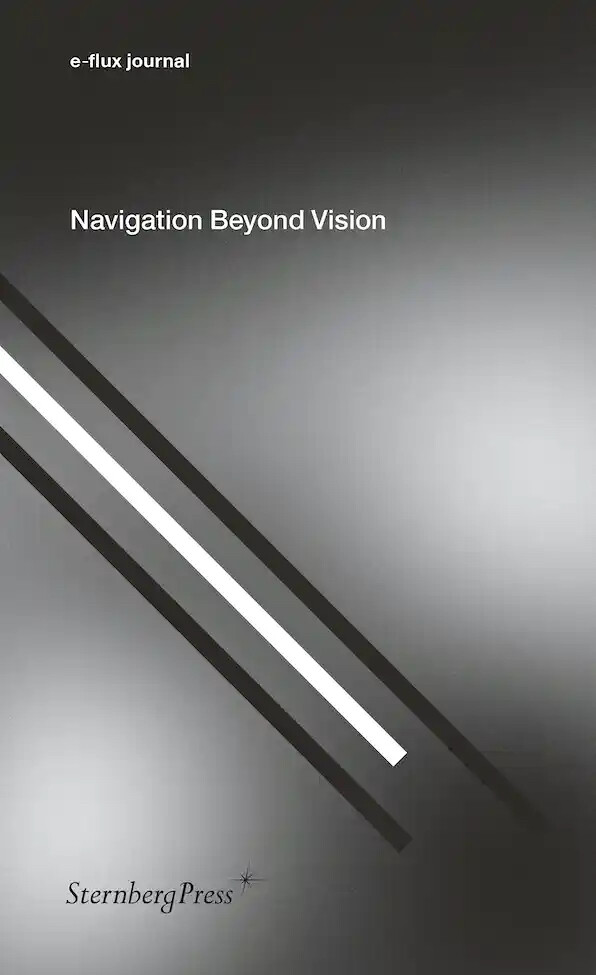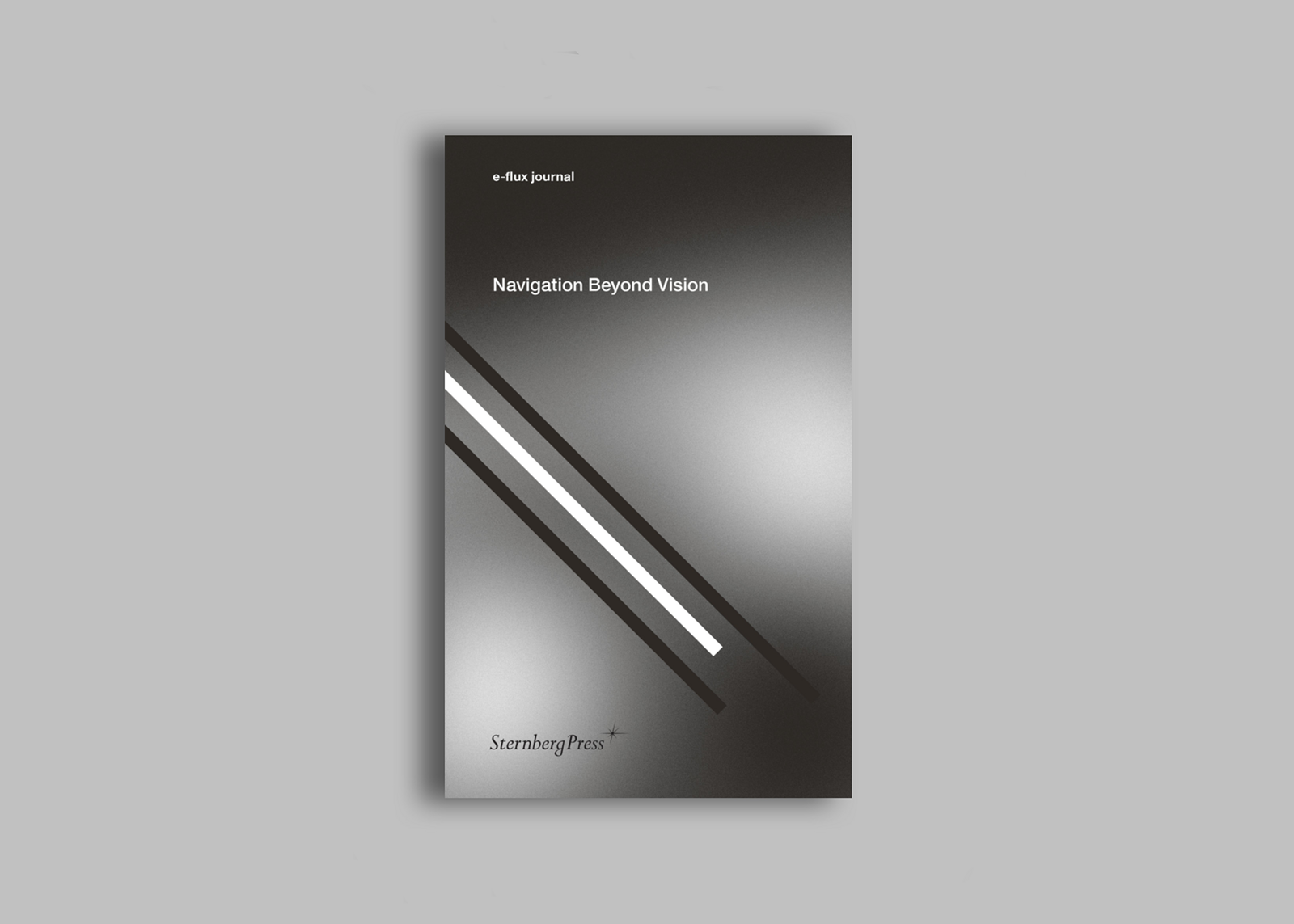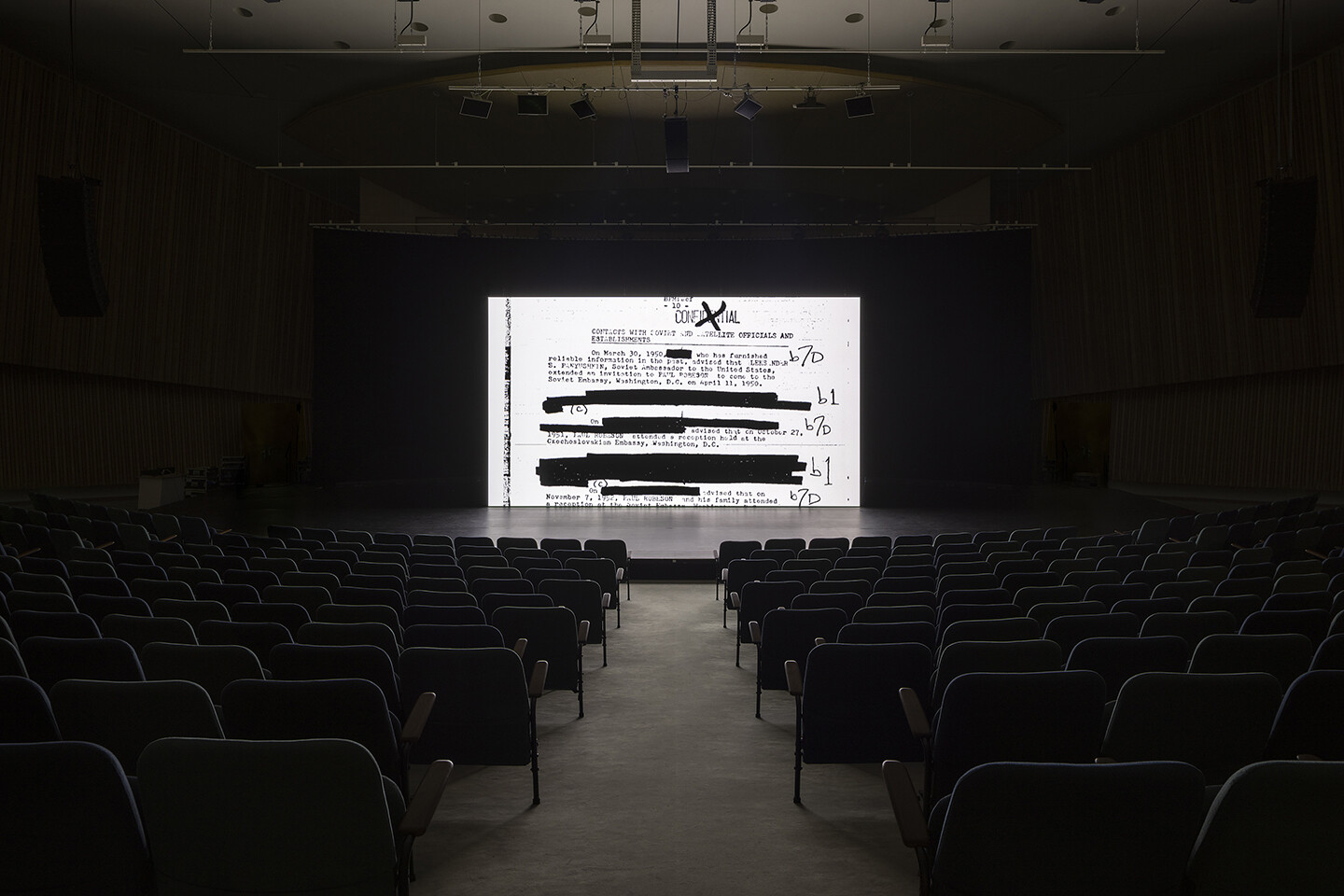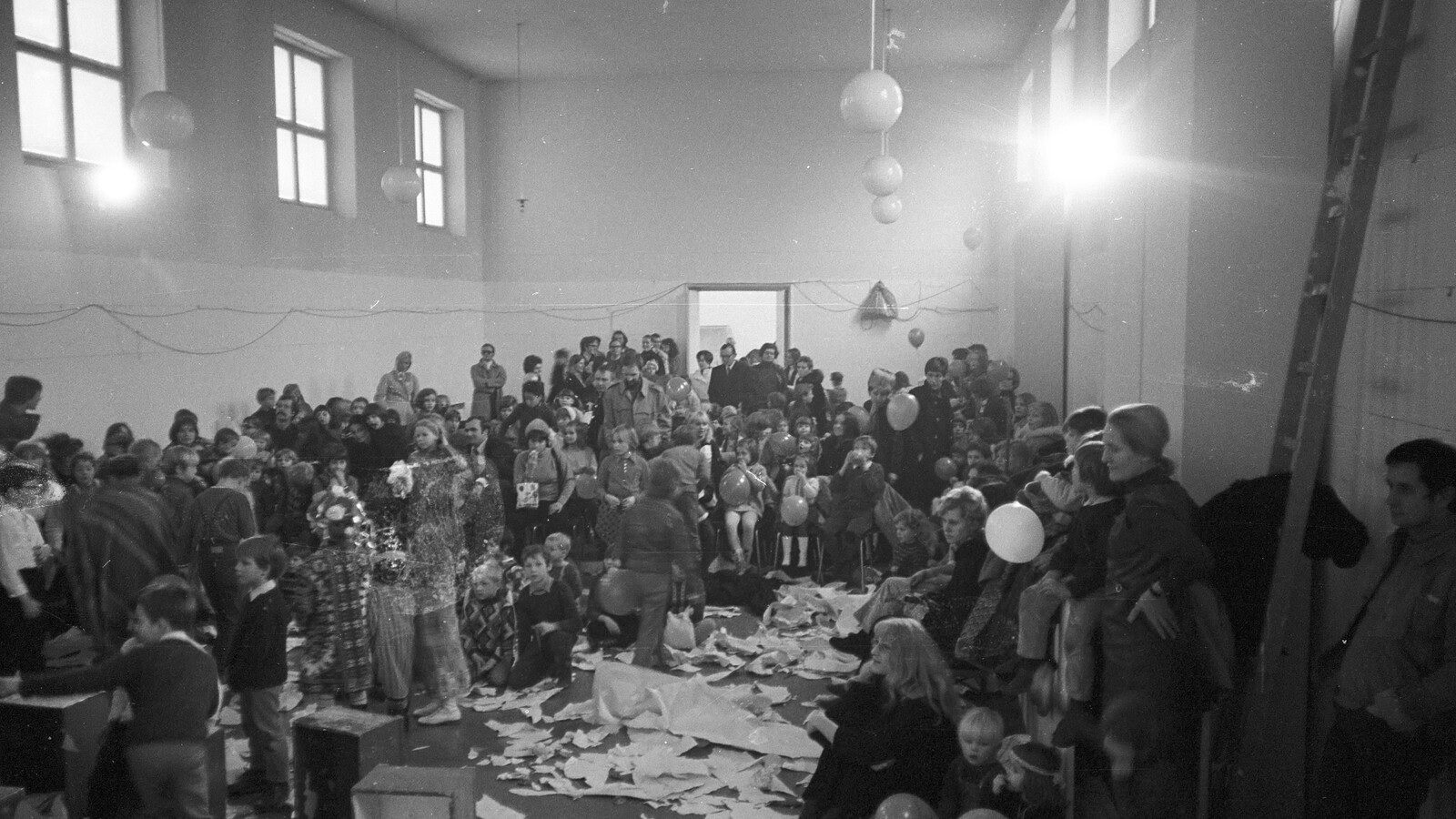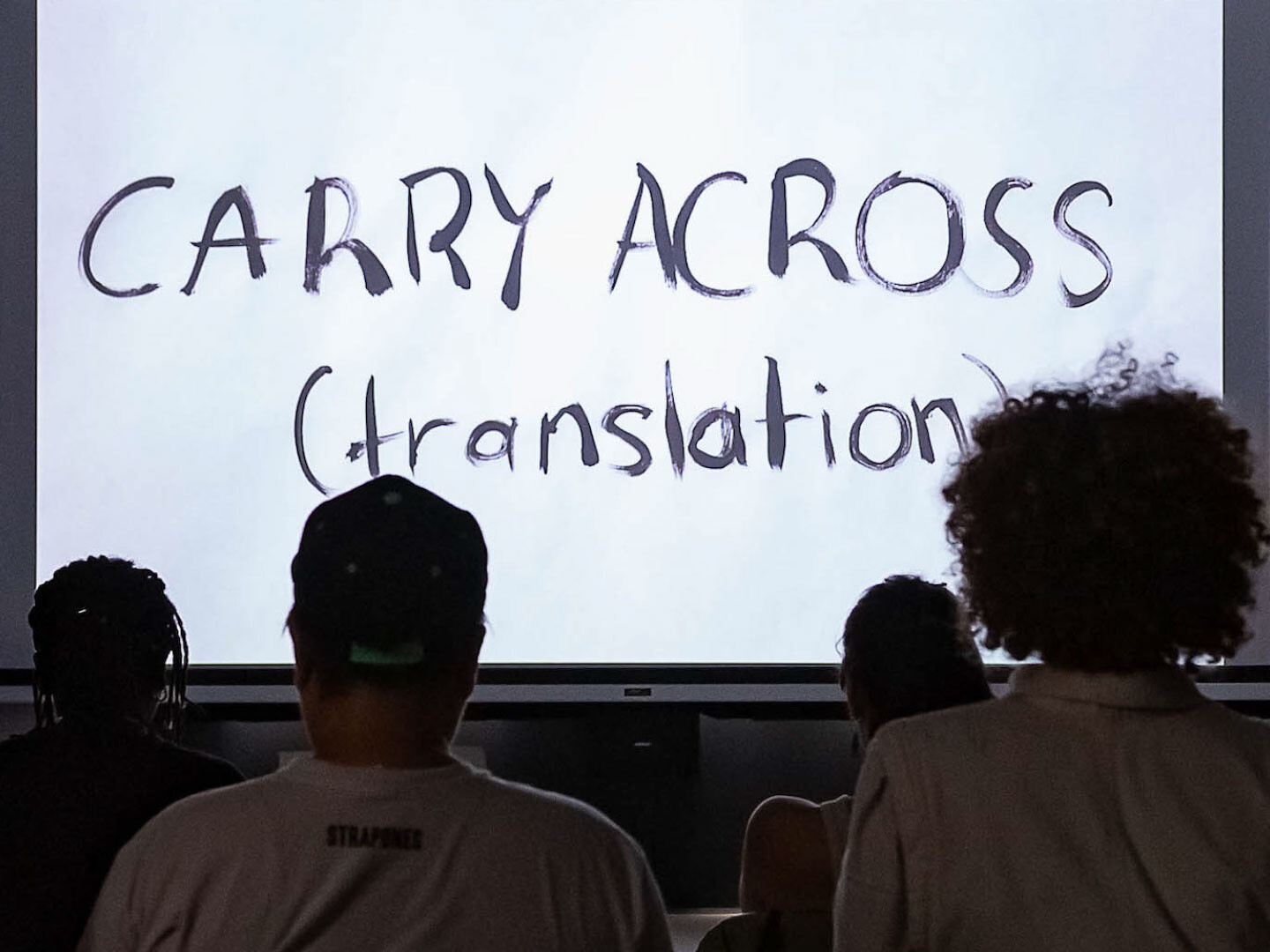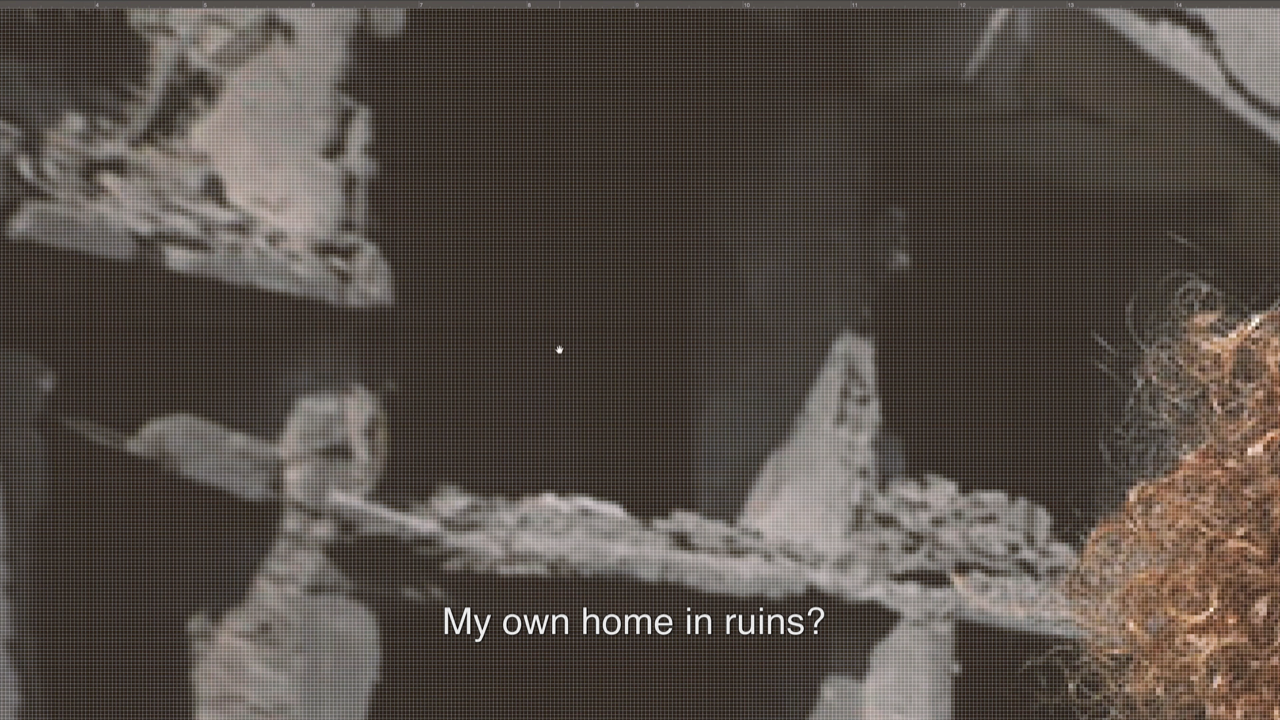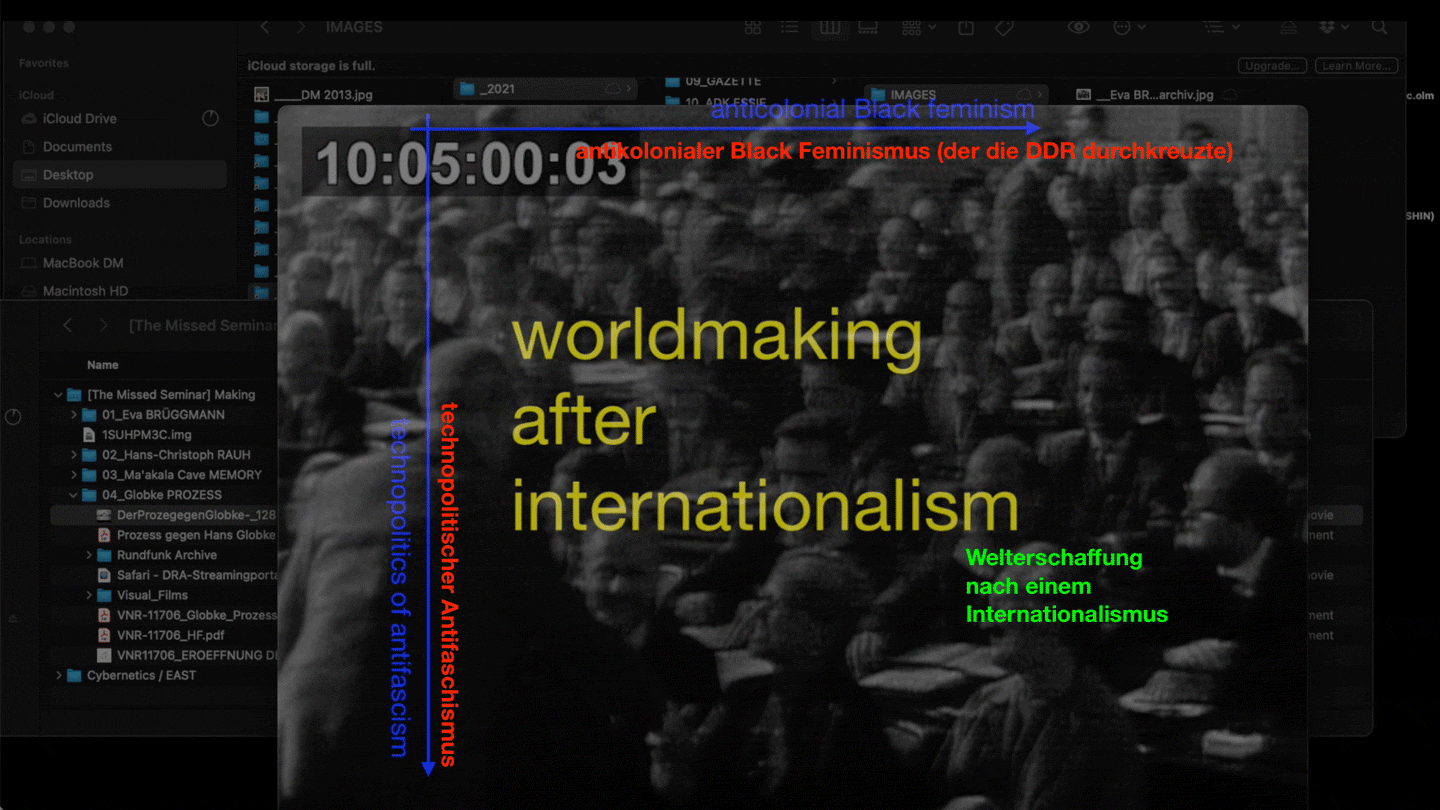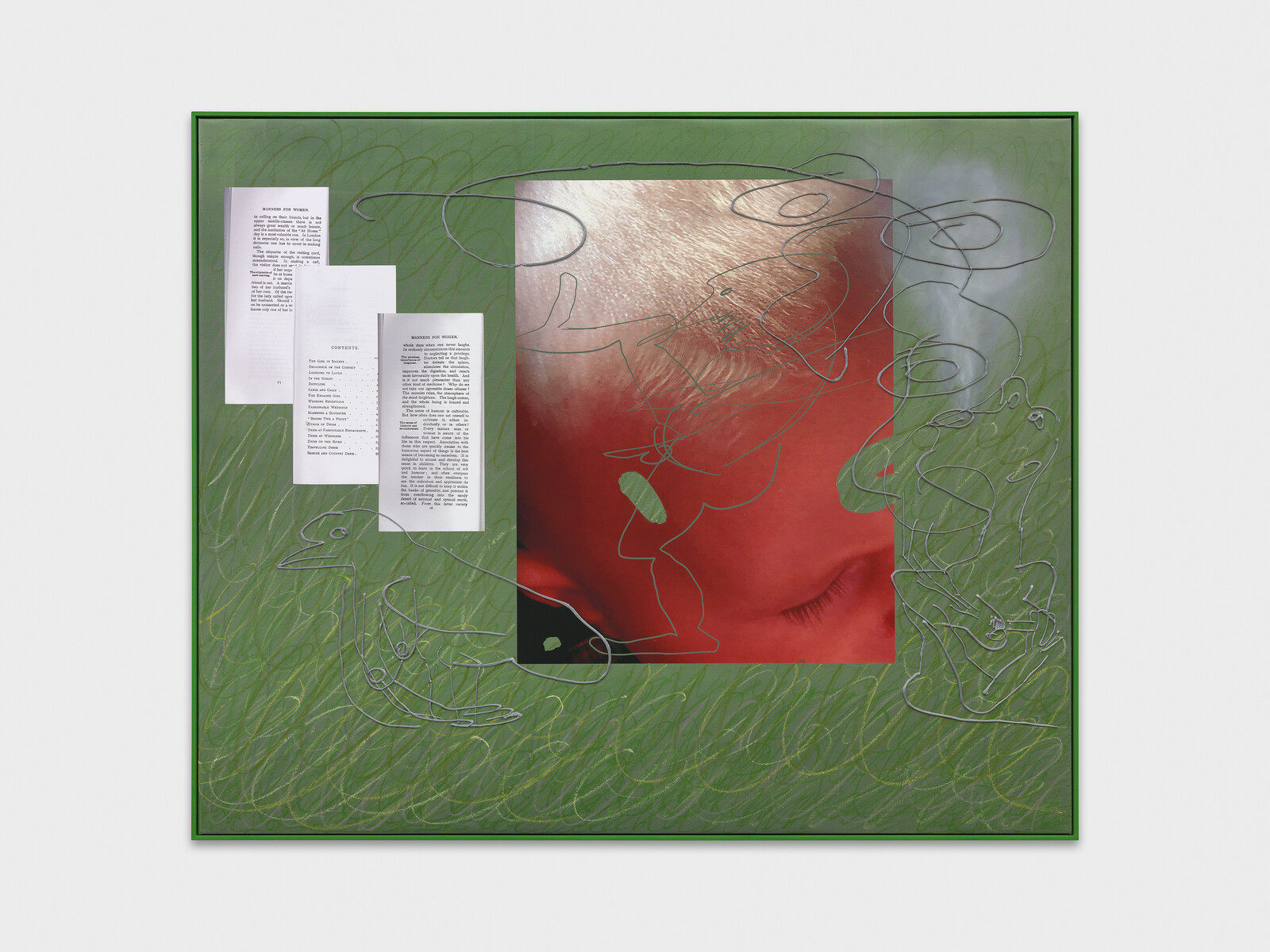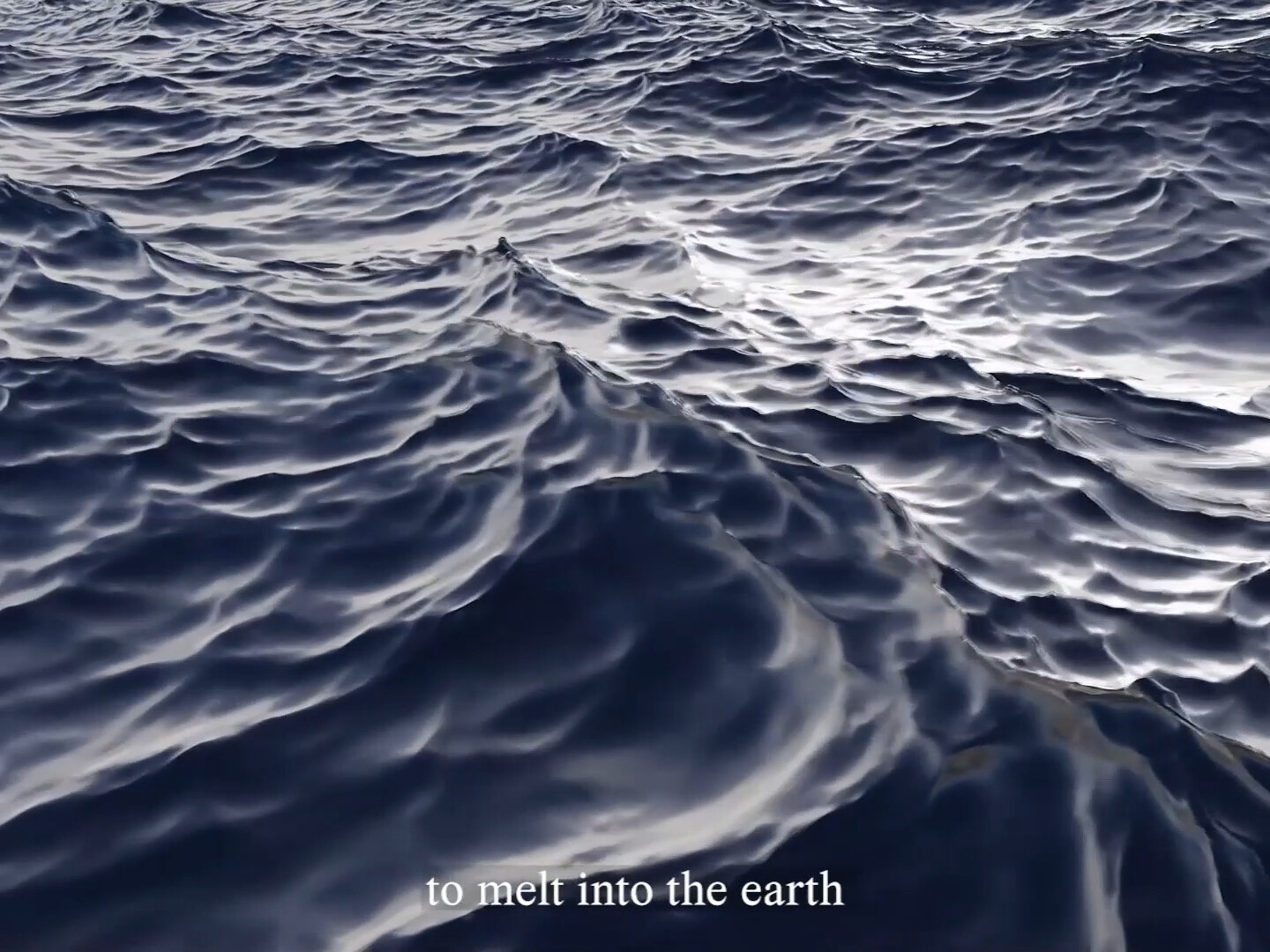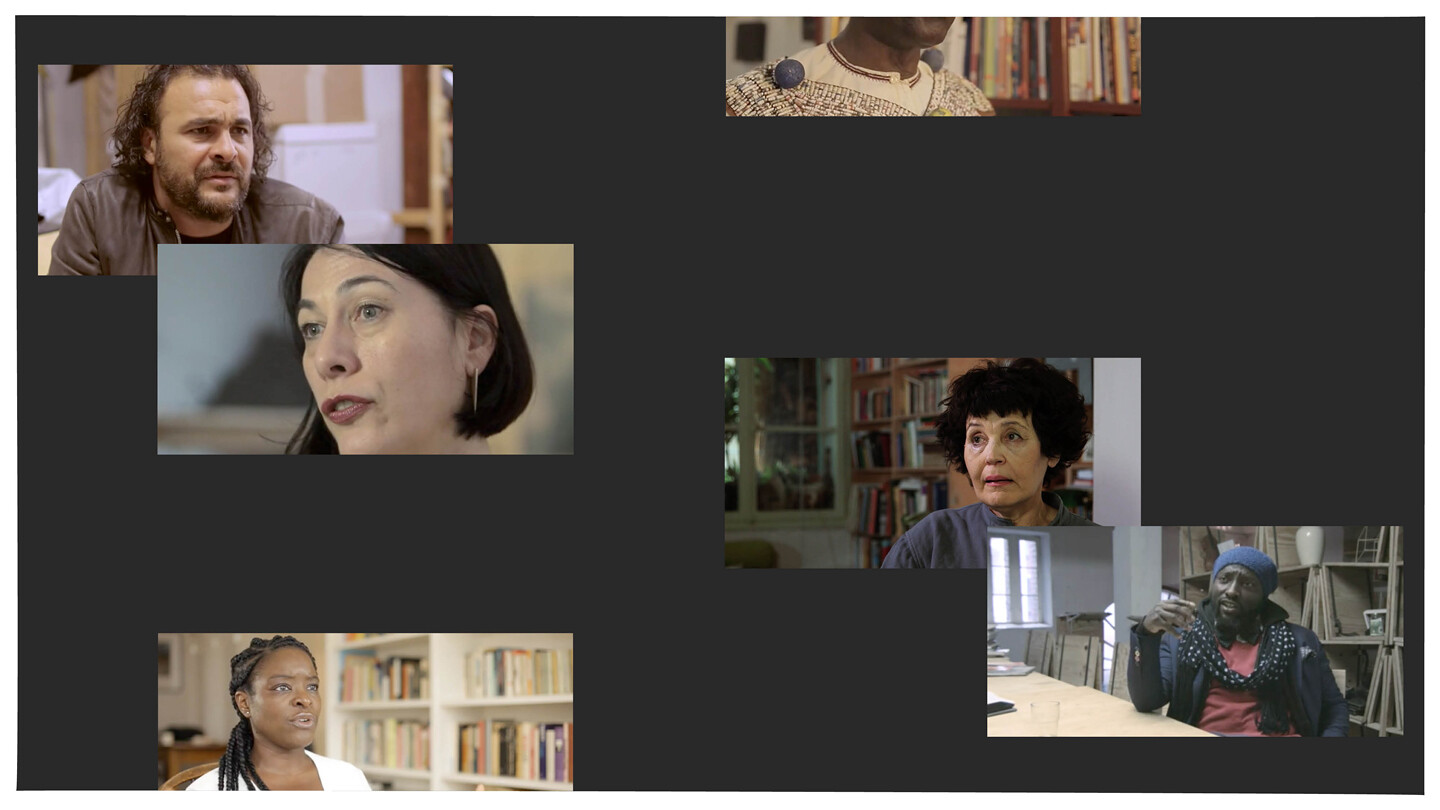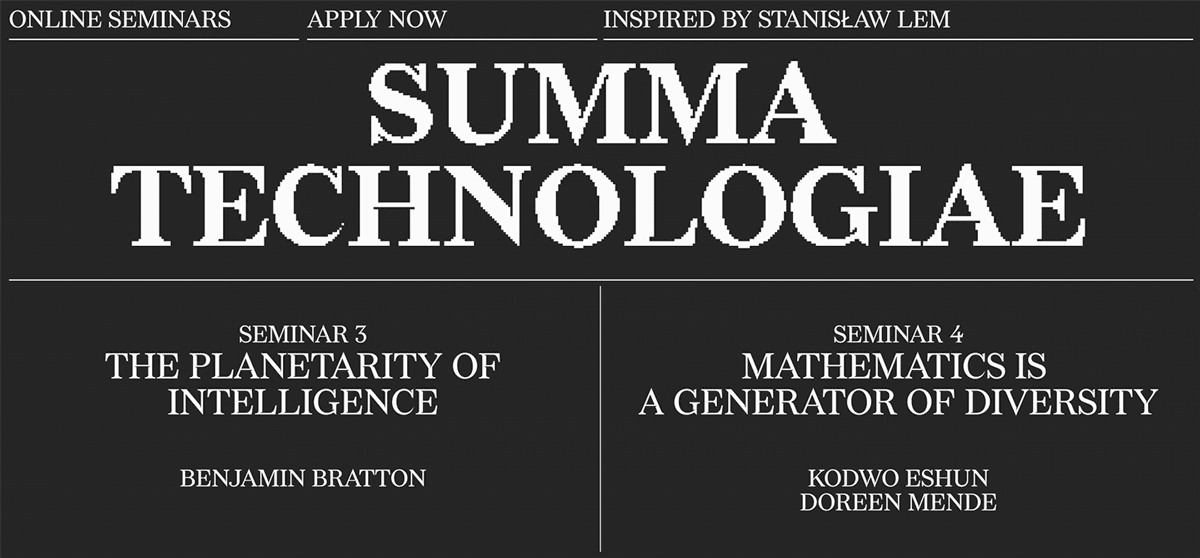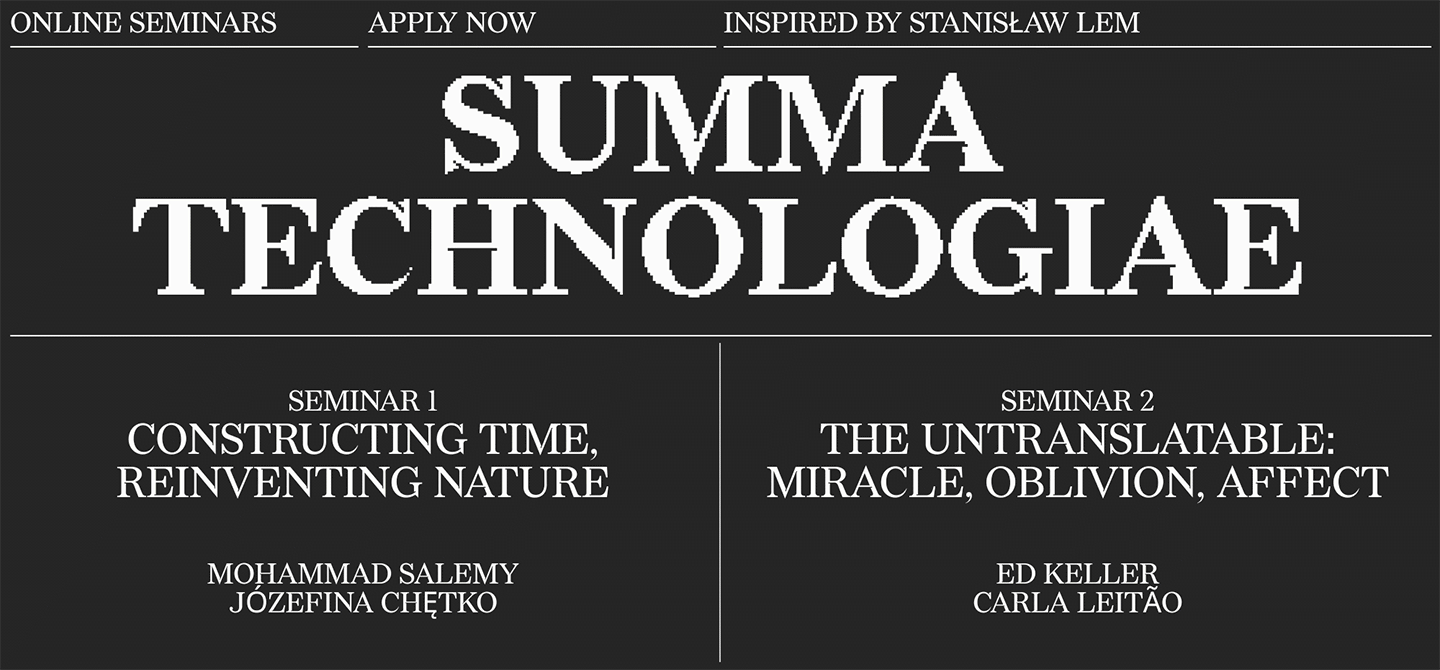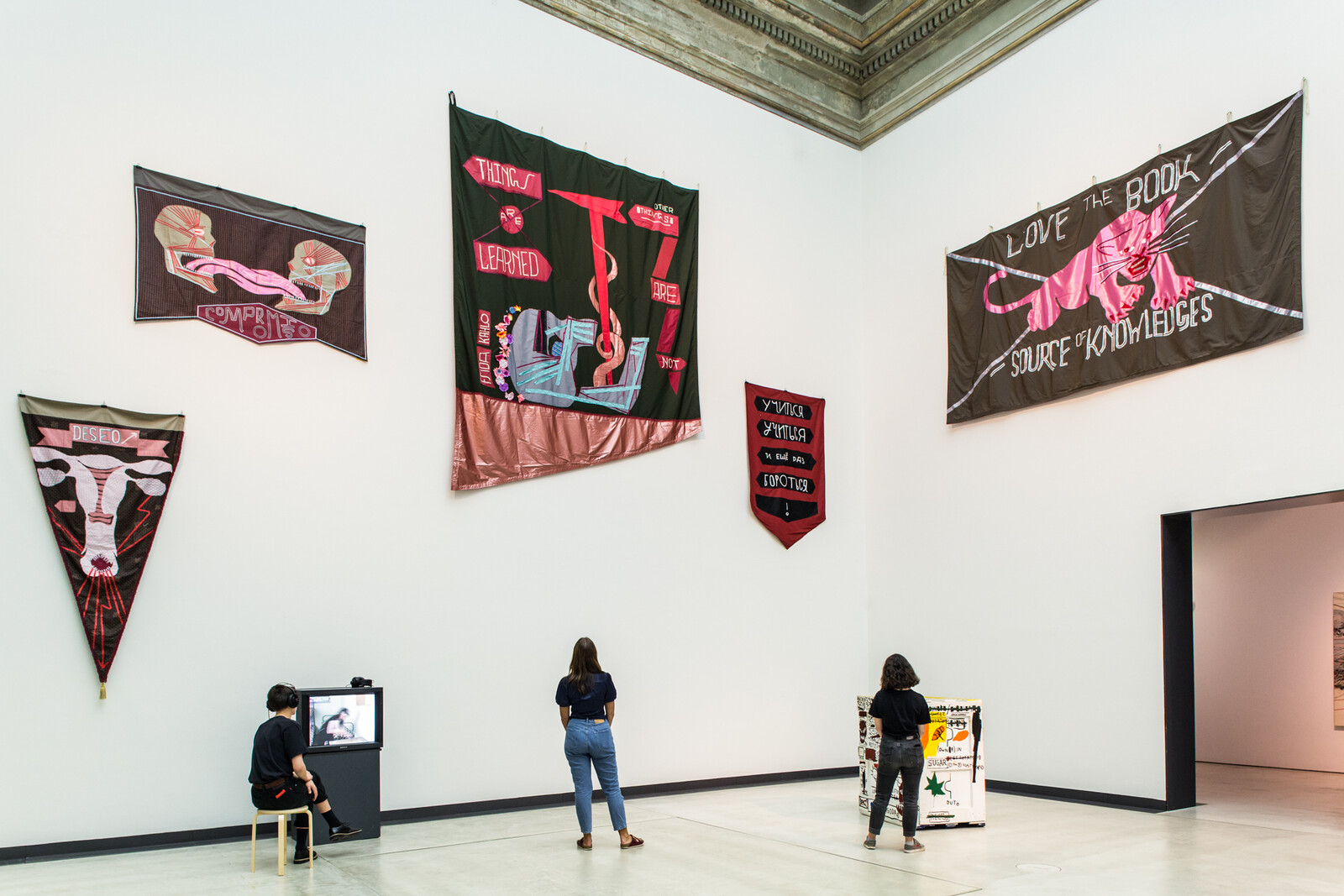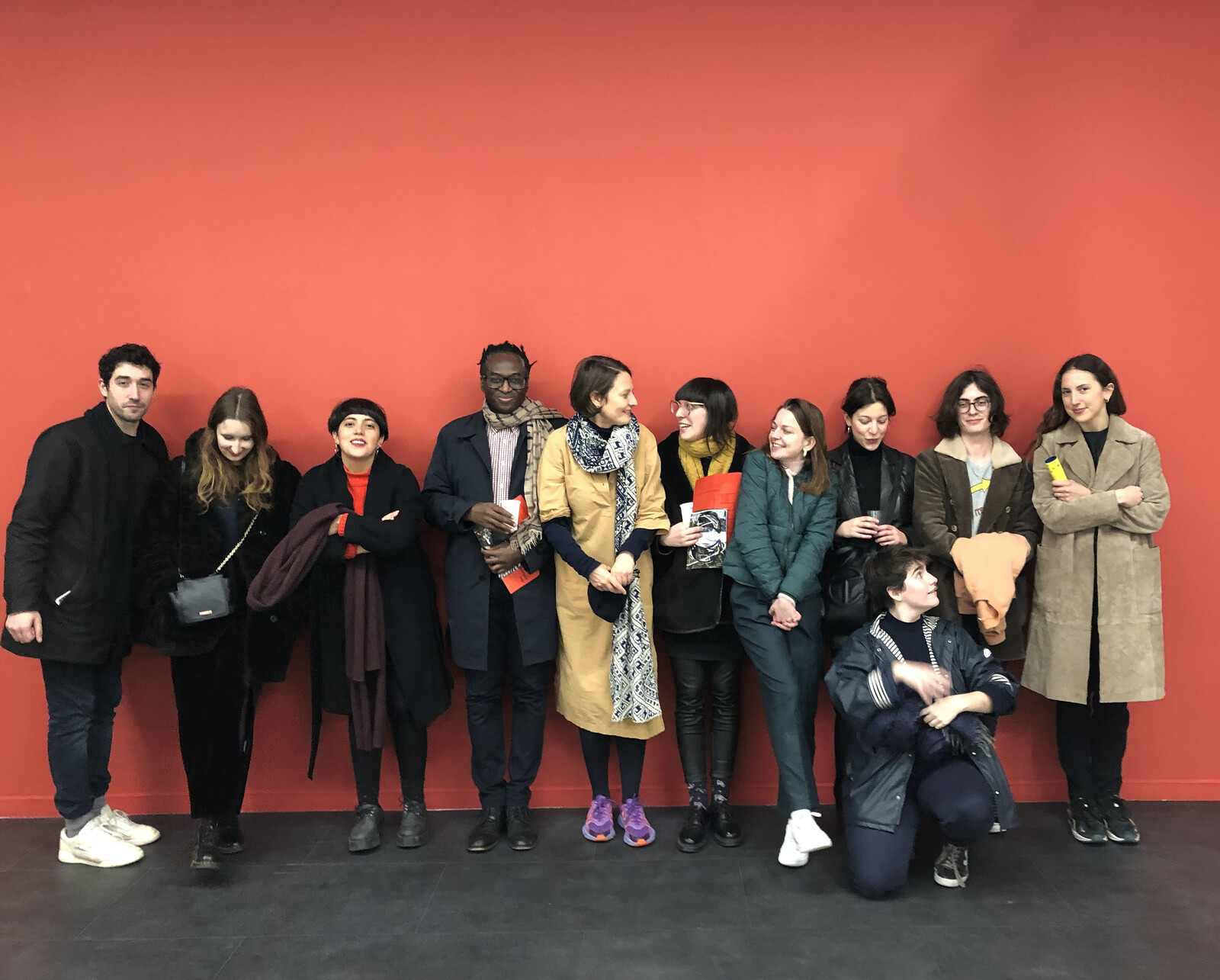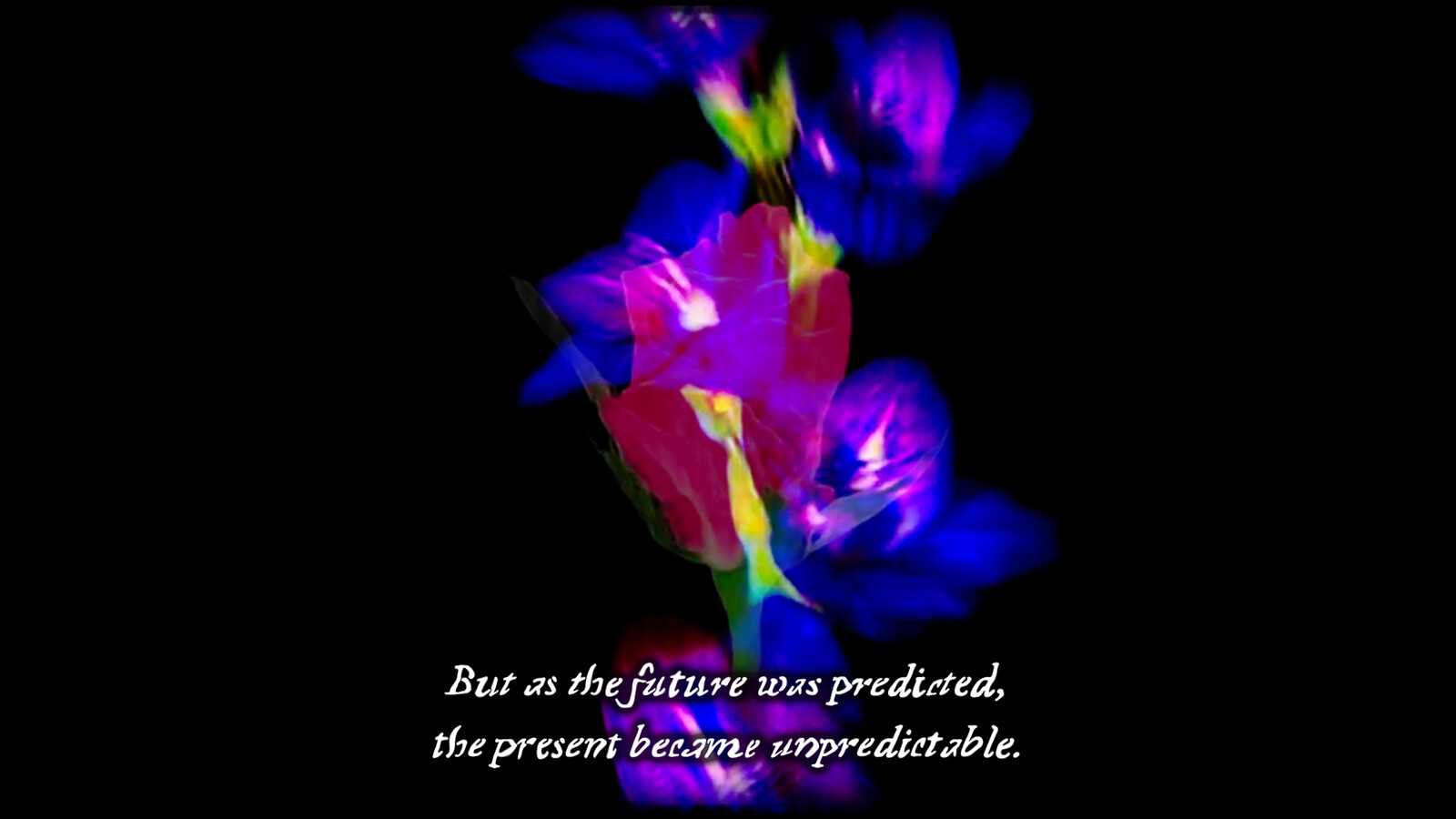Doreen Mende Read Bio Collapse
Doreen Mende is a curator and theorist who is currently Associate Professor of the curatorial/politics seminar of the CCC RP research-based Master at HEAD Genève/Switzerland. Since 2021 she has been the Director of the Cross-Collections Research Department of the Staatliche Kunstsammlungen Dresden (SKD), where she initiated the Stannaki Forum on diasporic knowledge, and conceptualizes the Transcultural Academy “Futurities” in 2023. Ongoing projects include the case-based academic research study Decolonizing Socialism: Entangled Internationalism (2019–24), funded by the Swiss National Science Foundation. Based on this research, a new series of exhibitions, called sequences, is coming up in 2024 featuring invited curators-researchers and artists at the Albertinium of SKD. In 2022, she realized The Missed Seminar: After Eslanda Robeson in Conversation with Steve McQueen’s End Credits at Haus der Kulturen der Welt, Berlin. She has published with e-flux journal, MIT Press, Oxford University Press, Jerusalem Quarterly, spector books, archive books, IBRAAZ, and Sternberg Press. She is a cofounder of the Harun Farocki Institut in Berlin.
Navigation begins where the map becomes indecipherable. Navigation operates on a plane of immanence in constant motion. Instead of framing or representing the world, the art of navigation continuously updates and adjusts multiple frames from viewpoints within and beyond the world. Navigation is thus an operational practice of synthesizing various orders of magnitude.
There was a structure. Things which were revealed were sealed. It was done in such an orderly fashion because, of course, these things were classified. Now they’re unclassified, but they’re still classified in a way because we don’t see all the evidence or facts that had apparently been gathered. It’s decorative to a certain extent: what is revealed and what is unrevealed, what is fact and what is fiction. So then it’s about what the spectator projects onto those files. The blackness was almost like holes within the system. Those holes tell you a lot about the failures of state surveillance, and more than anything, about the triumphs of the Robesons.
What could a practice of politicizing the image in the twenty-first century look like, considering that navigation—the computational condition of contemporary image-processing—updates, calculates, and incorporates the frame excessively and continuously into the image-making process? In order to render more palpable the beginning of a political ontology of image navigation by means of computation, we should remind ourselves of the principle of twentieth-century montage, which can offer a potent point of departure. Much has been written and produced in the name of montage. In 1967–68, film students, including Harun Farocki, announced the Dsiga Wertow Akademie, an occupation of their film school, the German Film and Television Academy in Berlin, an act that paid tribute to montage as a cine-political practice. Montage was pioneered by Esfir (Esther) Schub and Dziga Vertov, emerging from the world of Soviet cinema during the period of the Bolshevik Revolution of 1918. In other words, montage’s potency to mobilize the image for emancipatory processes was initially built from participation in communist world revolution.

